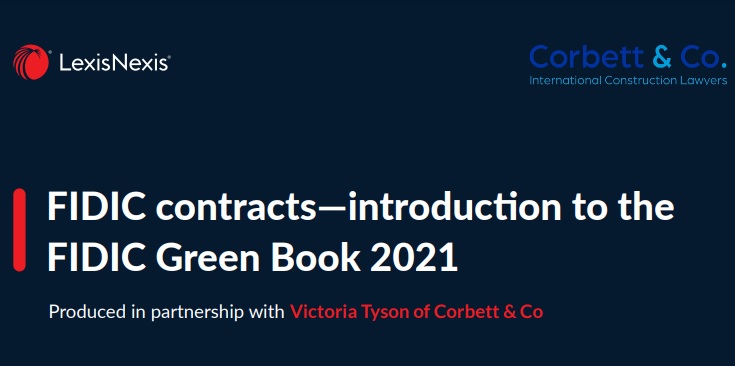FIDIC contracts—introduction to the FIDIC Green Book 2021
This Practice Note is an introduction to the FIDIC Green Book 2021 (the Short Form of Contract). It is not a fully detailed clause-by-clause commentary. This article was first published by LexisPSL



